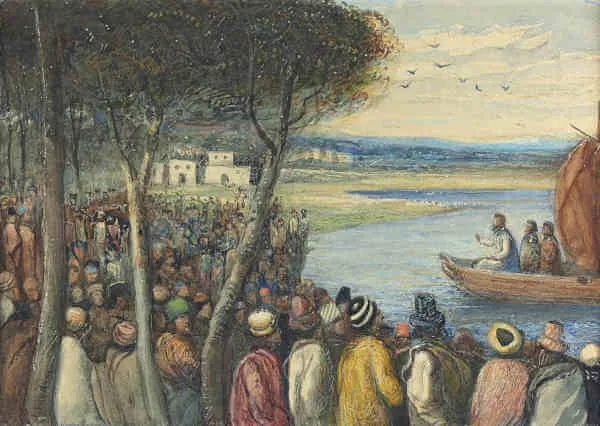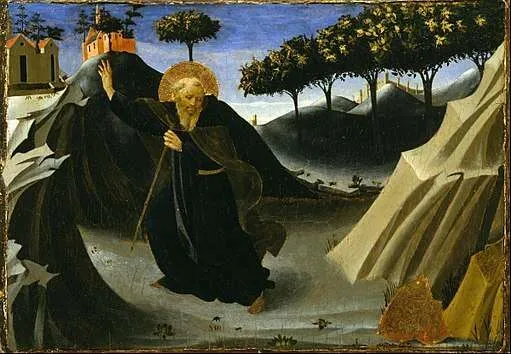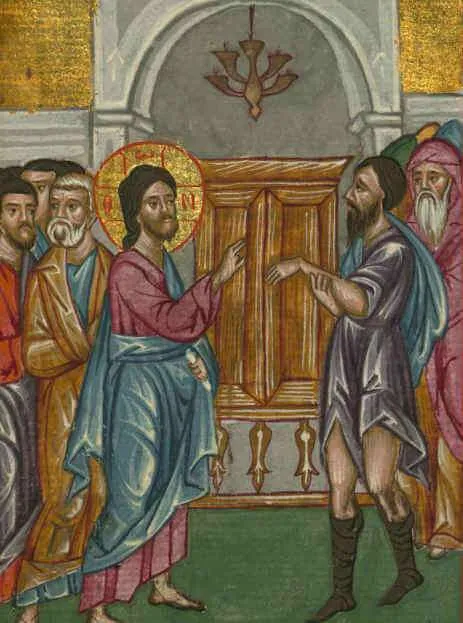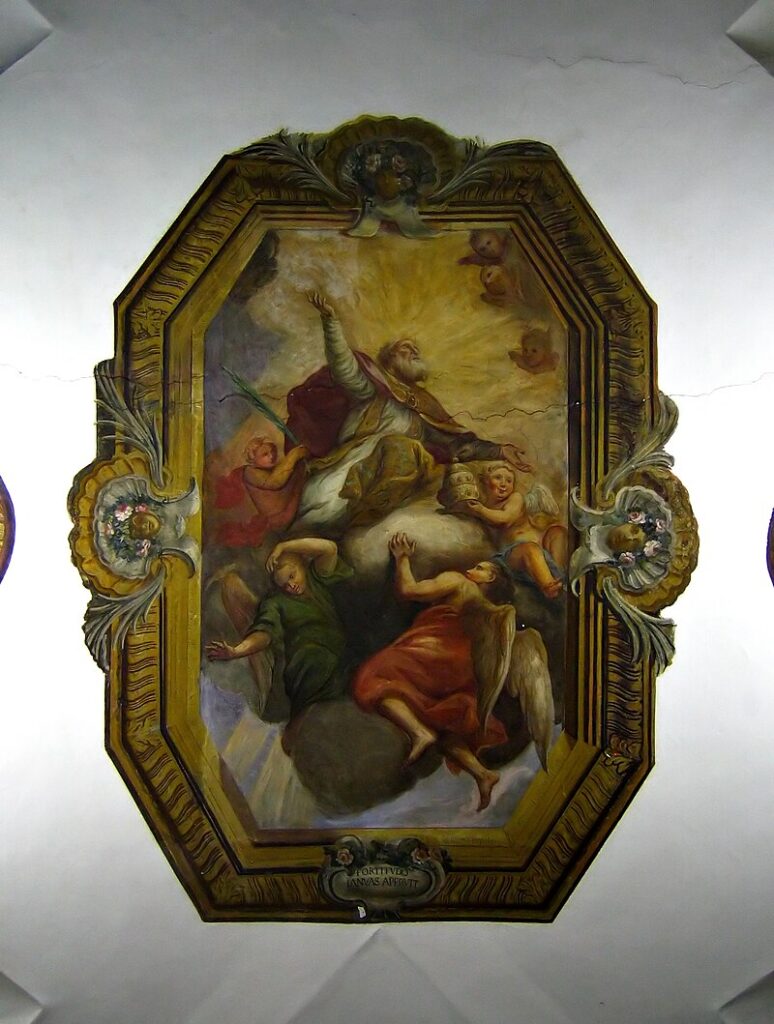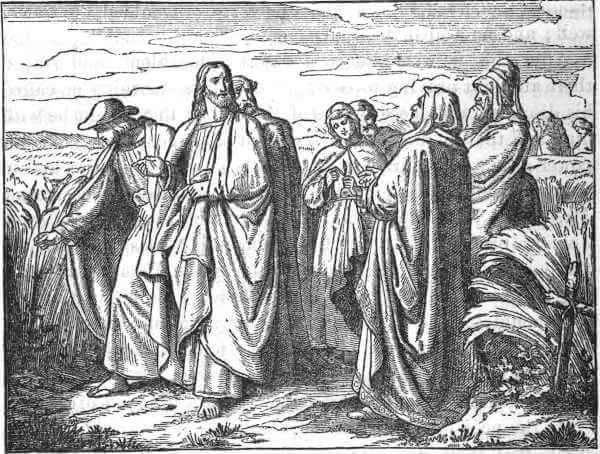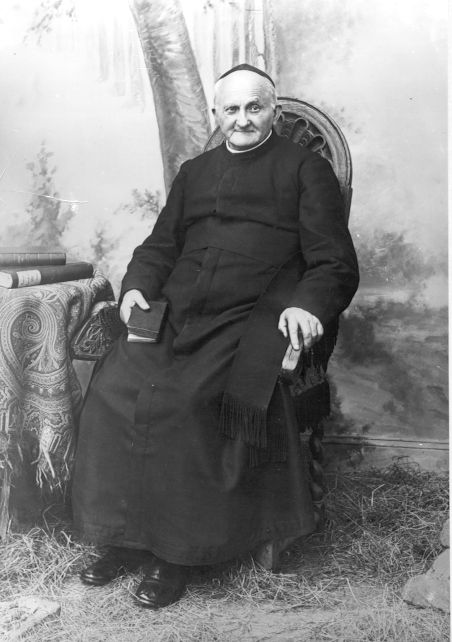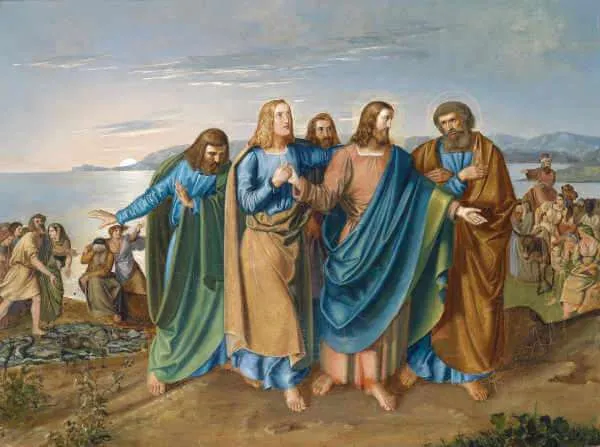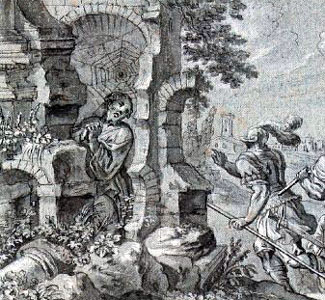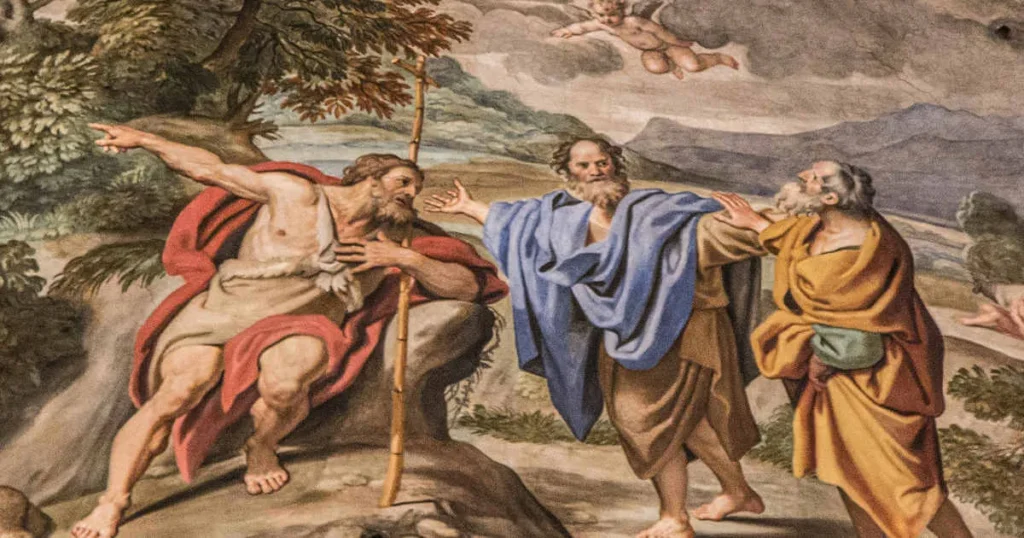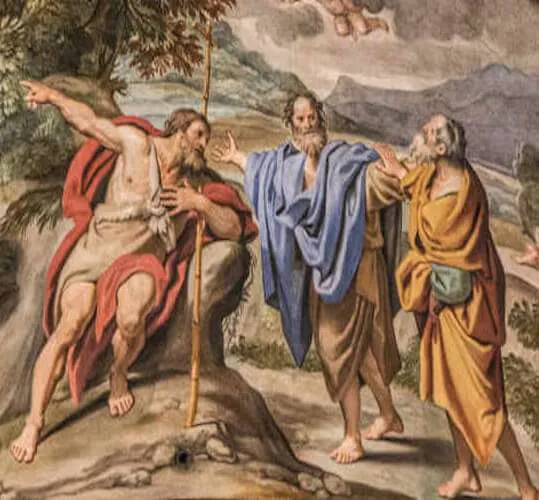Mark 3:9-10
Single-Minded Devotion
“He told his disciples to have a boat ready for him because of the crowd, so that they would not crush him. He had cured many and, as a result, those who had diseases were pressing upon him to touch him.”
Reflection:
It’s fascinating to ponder the enthusiasm that so many people had toward Jesus. In the passage above, we see Jesus asked His disciples to have a boat ready for Him so that He would not be crushed as He taught the crowd. He had been curing many who were sick, and the crowd was pressing upon Him to try to simply touch Him.
This scene provides us with an illustration of what must happen within our interior lives regarding our Lord. The people can be said to have been single-minded in their devotion to Jesus and fervent in their desire for Him. Granted, their desire may have been somewhat selfishly motivated by the desire for physical cures of their ailments and those of their loved ones, but nonetheless, their attraction was real and powerful, driving them to put their complete focus upon our Lord.
Jesus’ choice to get into a boat and distance Himself a bit from the crowd was also an act of love. Why? Because this act allowed Jesus to help them refocus upon His deeper mission. Though He did miracles out of compassion and so as to manifest His almighty power, His primary focus was to teach people and to lead them into the full Truth of the message He was preaching.
Therefore, by separating Himself from them, they were invited to listen to Him rather than just try to touch Him for the sake of a physical miracle. For Jesus, the spiritual wholeness He desired to give the crowd was of much greater significance than any physical healing He also gave.
In our own lives, Jesus may “separate” Himself from us in somewhat superficial ways so that we will be more open to the deeper and more transforming purpose of His life. For example, He may remove certain feelings of consolation or permit us to encounter some trial through which He seems to be less present to us. But when this happens, it is always so that we will turn to Him on a deeper level of trust and openness so as to be drawn more deeply into a relationship of love.
Reflect, today, upon how single-minded your devotion is to our Lord. From there, ponder, also, if you are more attached to the good feelings and consolations you seek or if your devotion is deeper, focused more on the transforming message our Lord wants to preach to you. See yourself on that shore, listening to Jesus speak, and allow His holy words to transform your life more deeply.
Source: https://catholic-daily-reflections.com/2024/01/17/single-minded-devotion-3/


